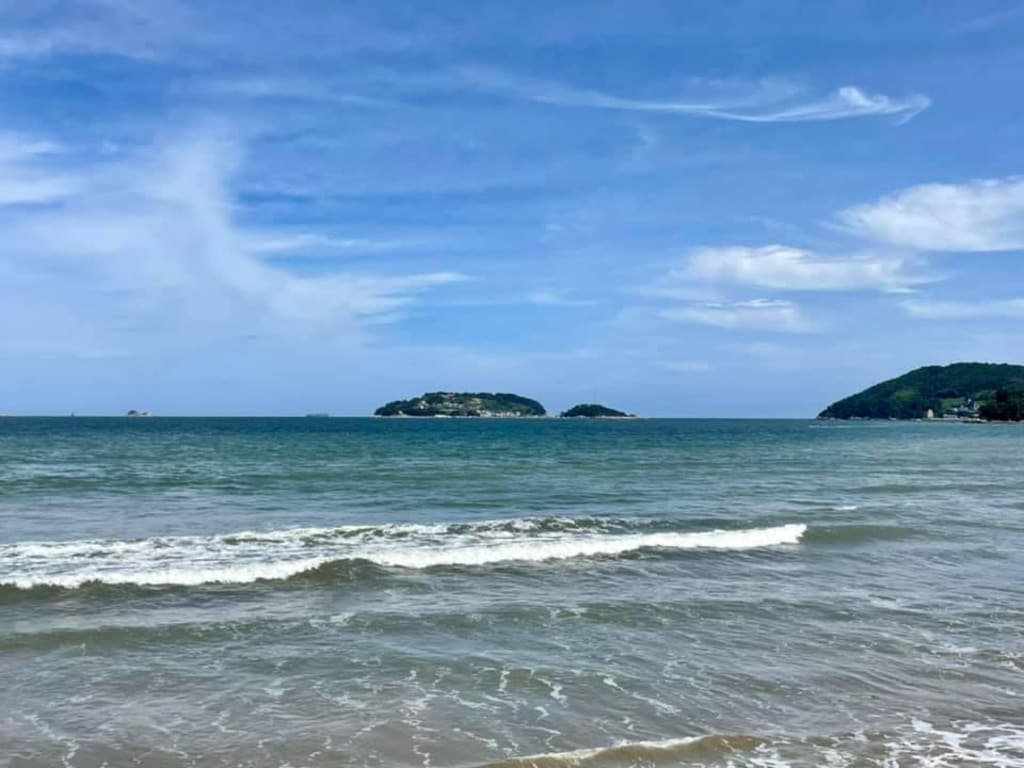Lack of Transparency in Green Premium Finance - South Korea
Undermining K-RE100 Credibility and Increasing Reputational Risks for Businesses

Transitioning to renewable energy sources is a critical step in combatting climate change and ensuring a sustainable future. Initiatives like the K-RE100 plan gain traction as businesses embrace environmental responsibility.
The K-RE100 scheme promotes firms to obtain 100% of their energy consumption from renewable sources, setting a good example for the rest of the business community.
However, the lack of openness around the allocation and utilisation of Green Premium funds undermines the initiative's credibility and exposes participating enterprises to increased reputational risks.
The K-RE100 Scheme and Green Premium:
The K-RE100 programme has evolved as a major forum for businesses to demonstrate their commitment to renewable energy adoption. Businesses can lower their carbon footprint, minimise environmental effect, and contribute to global climate goals by committing to getting 100% of their energy from renewable sources. Companies often face increased charges for buying renewable energy as part of this strategy, which is known as the Green Premium.
The Importance of Transparency:
Transparency is a vital element that ensures any initiative's credibility.
Transparency in the K-RE100 scheme should include not just the overall progress of firms towards renewable energy targets, but also the allocation and use of the Green Premium.
Unfortunately, the lack of information about how the Green Premium funds are administered breeds scepticism among stakeholders, including investors, customers, and the general public.
Undermined Credibility of K-RE100:
The K-RE100 scheme's legitimacy is dependent on its capacity to demonstrate genuine impact and concrete progress towards sustainable energy practises. The lack of a transparent method for processing Green Premium financing raises concerns about the initiative's effectiveness. Without tangible evidence of how the additional money are being used to assist renewable energy projects or incentivize sustainable practises, participating companies' commitment to greener energy may be viewed as only lip service.
Reputational Risk for Companies:
Companies that participate in the K-RE100 scheme do so in order to improve their environmental reputation and gain the trust of their stakeholders. However, the Green Premium's lack of transparency exposes these enterprises to possible reputational concerns.
In a world where environmental consciousness is becoming increasingly important in consumer decisions, any allegation of greenwashing or misallocation of funds can severely harm a company's reputation.
This reputational risk can lead to financial losses, market share loss, and a decrease in consumer loyalty.
The Need for Enhanced Transparency:
To restore and strengthen the credibility of the K-RE100 system, rigorous transparency methods must be implemented. This can be accomplished through open lines of communication that provide regular updates on the status of renewable energy projects funded by the Green Premium. Companies should report how funds are allocated and used, giving stakeholders with clear proof of their commitment to renewable energy adoption.
Advantages of Transparent Finance Management:
Transparent Green Premium financing management provides various benefits to the K-RE100 scheme and the enterprises engaged. For starters, it boosts the initiative's legitimacy, increasing trust among stakeholders and recruiting additional organisations to participate. Second, it guarantees that monies are used effectively to achieve actual change in renewable energy infrastructure, contributing to global sustainability goals. Finally, transparent finance management shields businesses from reputational hazards, promoting a positive public image and long-term brand loyalty.
Conclusion
The K-RE100 scheme provides an important opportunity for businesses to take the lead in implementing renewable energy sources and combating climate change. The lack of openness surrounding the Green Premium's financing allocation, on the other hand, damages the initiative's credibility and exposes enterprises to reputational hazards. The K-RE100 plan can rebuild trust, demonstrate its genuine impact, and encourage larger involvement from enterprises all around the world by introducing transparent finance management. The emphasis on transparency will not only improve the scheme's success, but will also strengthen the collaborative effort to develop a greener, more sustainable future.
About ER-Marine
ER-MARINE, we offer comprehensive due diligence services for the development of floating offshore wind projects in South Korea. We have extensive local knowledge of the Korean market and can help you identify and mitigate potential risks before they become huge and costly problems. At ER-Marine we tell you what you need to know, not always what you want to hear.
About the Creator
Erik Roelans
I am founder and CEO of ER-MARINE and write about the green energy transition, renewable energy challenges, climate change, offshore wind permitting, policy dialogue, marine biodiversity, renewables and floating offshore wind development.






Comments
There are no comments for this story
Be the first to respond and start the conversation.